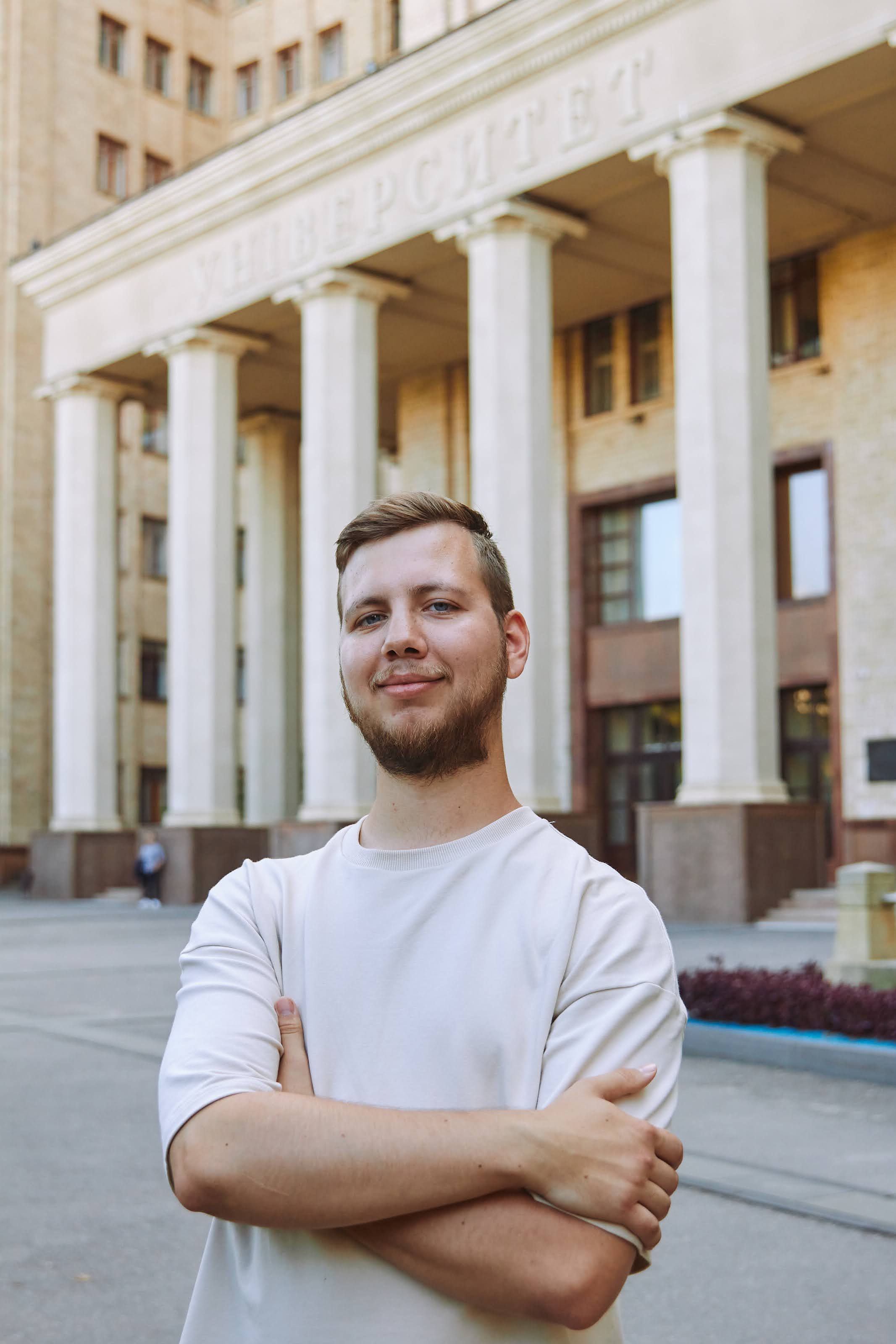
Karazin Defenders. An Interview with Sergiy Masalitin
Sergiy Masalitin is a graduate of the School of Sociology at Karazin University and worked in the Center for Public Relations. From the beginning of the full-scale invasion, he voluntarily joined the defense of Ukraine.
In the interview, Sergiy talked about his life before and during the full-scale war, the change in values and beliefs during the invasion, the role of education in his life, and the opportunity to learn on the frontlines. At the end of the conversation, Sergiy expressed his wishes and greetings to the Karazin community.
Could you please tell me what you were doing before the full-scale war?
I graduated from Karazin University. Before the full-scale war, I worked at Karazin University. I worked in the Center for Public Relations, managing the university's social media, conducting interviews, and writing texts.
How did the war start for you?
The war had been going on for a long time, starting with the annexation of Crimea in 2014 and the beginning of the Anti-Terrorist Operation (ATO). Indeed, in Kharkiv, we didn't feel the war as intensely as in Eastern Ukraine or Crimea, but it was noticeable in many ways.
The full-scale war began for me in my apartment in the Kharkiv HTZ district. It was 4 a.m. when my girlfriend and I woke up from explosions and the loud noise of neighbors packing their belongings. We had thought in advance about what we would do in case of full-scale aggression. So, we left the city as quickly as possible. We did this because we knew that the Russians had lists of Ukrainian activists. I had been actively demonstrating my Ukrainian stance in many places, organizing protest actions and various events. I knew that if Russian troops came here, I would be thrown into a basement, executed, and so on. In principle, what we later saw in Irpin, Bucha, Izium, and other cities could have happened to me if I hadn't left.
When and how did you decide to join the Ukrainian Armed Forces?
I made that decision almost immediately after we left Kharkiv for Western Ukraine.
At that time, I was already almost an officer, as I had six months left of training at the Military Institute of the university. I went to the local Territorial Defense Unit (TrO), and they told me to fill out an application and wait. During the week I waited and volunteered. After that, I realized that others could also do this work. I respect gender equality, but for me, as a man, saying "not to go" was simply not right.
After that, I went directly to the military enlistment office. On the same day, I left the enlistment office as a volunteer soldier and my girlfriend and I got married.
Here's my story in the army.
What motivates and gives you the strength to keep going and fighting?
In the toughest moments when you could die, I understood that I didn't want to accept my death. I couldn't accept my death because if I died, I would be leaving my parents, my wife, and my friends. There are people for whom I need to live. That's what allowed me to find the extra strength and to keep fighting. I understood that there was still so much I needed to do, both for myself and for my close people.
How have your personal beliefs changed during the war?
I've become more attuned to life. When I walk down the street, I often feel the beauty of the environment, the beauty of buildings, the beauty of nature. Similarly, my relationships with my loved ones have improved. I understand that the most valuable thing in the world is life, your relationships with people. I understand that the purpose of life is to live, to communicate, and to do something meaningful in this life. During this time, I've come to appreciate the value of ordinary moments in life more strongly.
Tell me, what did your education at the university give you?
Some might say it sounds cliché, but the most valuable thing a university can give you is connections. You meet a large number of people: students and professors. They all aspire to something, and that motivates you as well. Such connections are beneficial for motivation and future employment opportunities.
In our first year, we had an introductory lecture with Vilem Savbanovich Bakirov. He said something very true: "The university gives you the skills to think critically and the ability to self-develop." The modern world is very fast-paced, it doesn't stand still. You need to have the tools to adapt to it. Again, critical thinking, working with information, self-discipline, and self-development are all very important. And these are the things that the university gave me.
Thanks to education, you don't just accept information blindly; you question things and understand where there might be manipulation and where the truth lies. In the army, these skills are very useful. As it turns out, many people in the military are not very literate. They can't read and understand complex texts, especially legal texts. So, I'm approached, and they say, "Explain what this text means." And I explain it in simple terms. Literacy is highly valued in the army, and people who are literate are highly regarded.
Is there a place for education on the front lines? Is there a physical and moral opportunity to study?
In the army, there are various positions and directions of work. Some are more associated with intellectual work, where you have to do a lot of calculations. In my opinion, these positions include communications, artillery, and mortar units. There are positions where you're a person with a rifle, sitting and waiting for someone to come to you. Most of this work is related to your physical endurance.
But there are opportunities for learning in the army. Wherever you are – whether on the front lines or near the Russian border – in most units, there's time for completing tasks and time for recovery in the rear. During that time, you can read, study, and use the internet is available for this purpose.
Recently, I read two books: the first one is "Footprints on the Road" by Valeriy Markus, one of our military, and the second one is "4,000 Weeks: Time Management for Mortals."
I also read articles on historical and military topics. Right now, I've decided to treat myself a little – I'm taking a screenwriting course by Antonio Lukich, a Ukrainian director of the films "Luxembourg, Luxembourg" and "My Thoughts Are Silent." It's a very cool course, and it's available for replay. I just need internet access to download the videos, take notes on my phone, and learn.
Right now, I have a key question for myself: "Okay, let's assume I survive, staying healthy. And after my demobilization, after the war – what job should I have? Should I return to what I was doing before? Should I learn something new?" So, right now, I'm trying to learn to better understand where I want to be after the war.
What does Karazin University mean to you in a few words?
Karazin University is about great people, a tool for development, and a very cool time in your youth when you can create many great memories. It's a unique time that you should use to your maximum advantage for yourself and your loved ones.
Now, you can give advice, guidance, and wishes to Karazinites and the entire community who will see your story. What would you like to say to all of us?
Now is a time for both military and civilians when you don't know how much time you have left. Many people are dying due to Russia's aggression and putin. I would wish that you live every day as if it could be your last. It's not about working or studying all day. Life is not just about work. Life is about spending time with friends, loving people, and enjoying life.
You need to learn to feel life in its entirety. In your youth, you think you have so much ahead of you. No, time is short for two reasons. Firstly, it passes quickly. Secondly, there's war. So, you need to learn to use your time wisely, for your own development.
Wishes for Karazinites: I congratulate you all on joining Karazin University. You are all amazing people, and I truly believe that. Because in such a difficult time, right next to such a strange neighbor, you are not just living and existing; you are doing something useful: teaching people and learning yourselves. That's very important.
If you want to help the 5th Border Guard Unit, where Sergiy serves, you can contribute to the fundraising for the purchase of gas cylinders, which are necessary for heating food and tea during the winter.
Here is the link to the Monobank account (card number: 53754112 0952 1843).



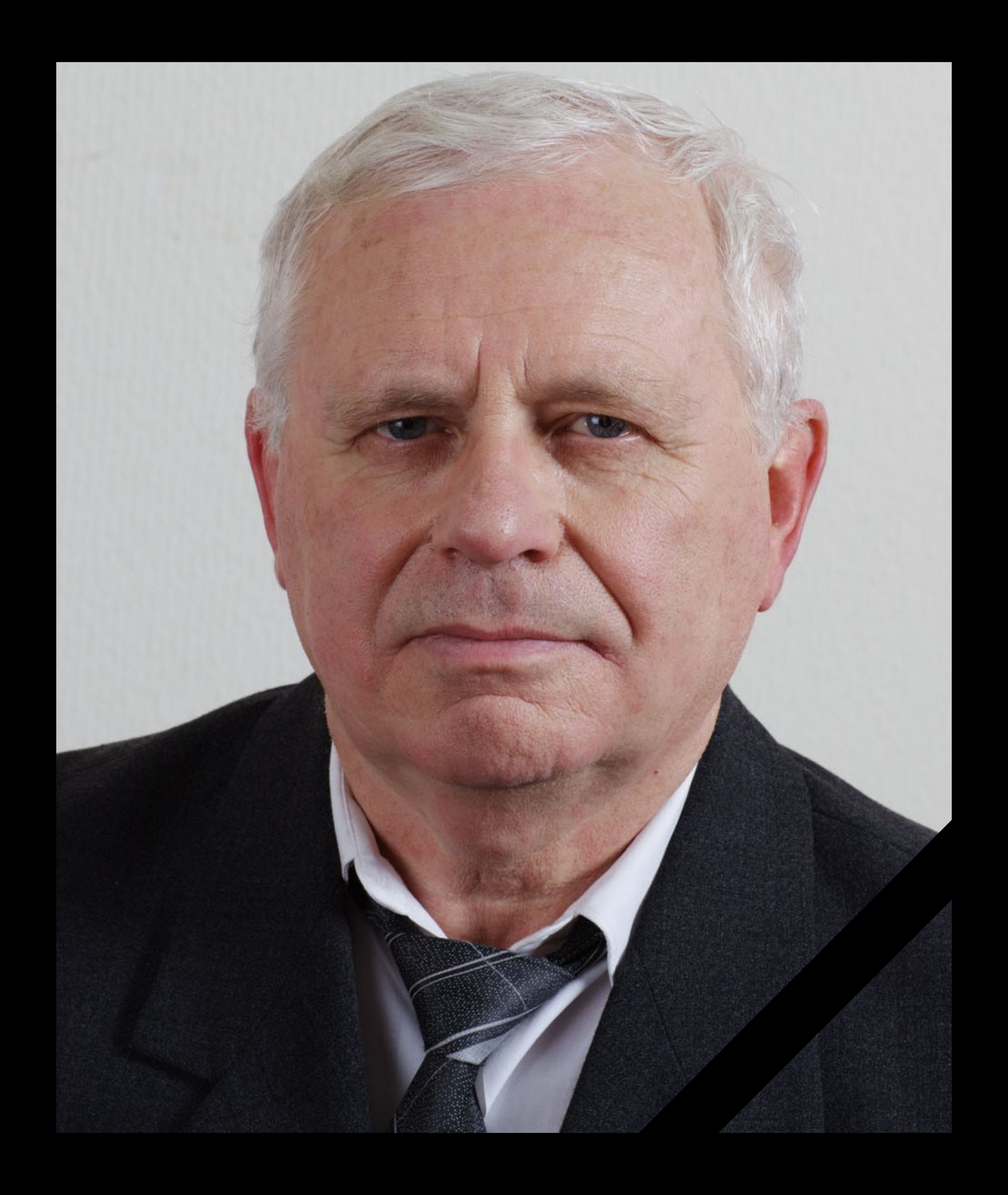
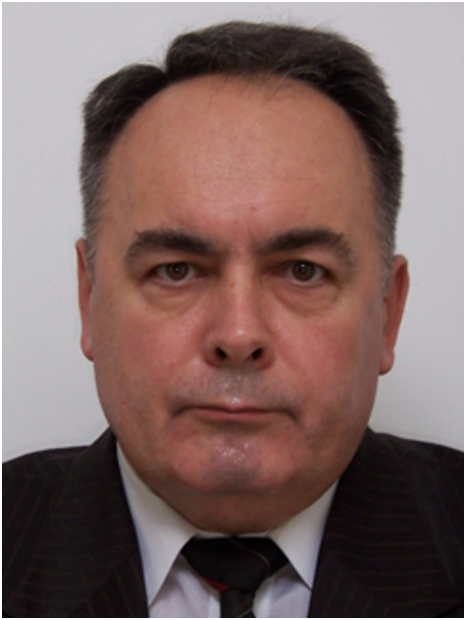


.png)
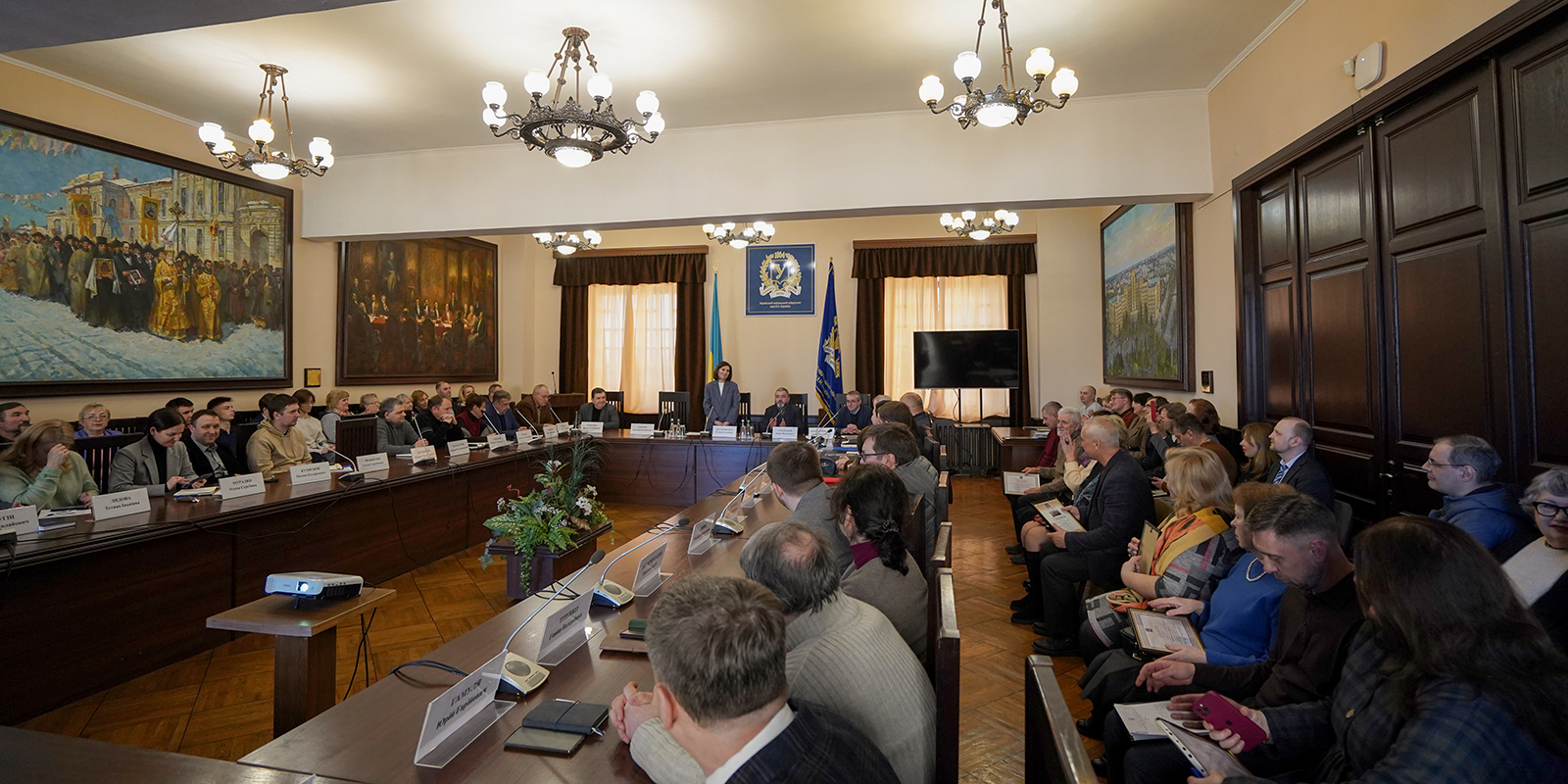
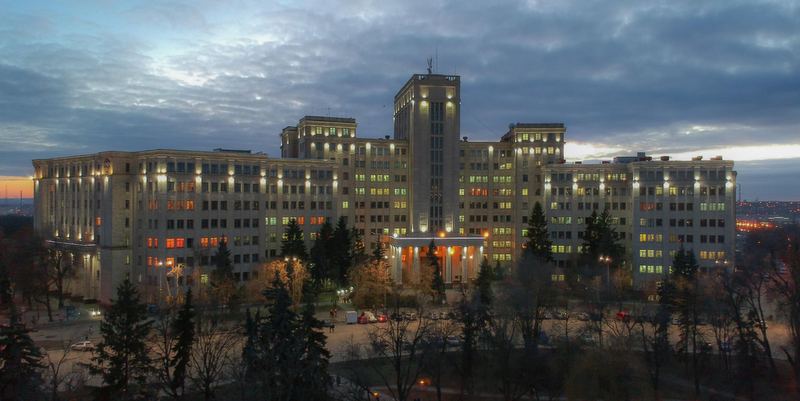
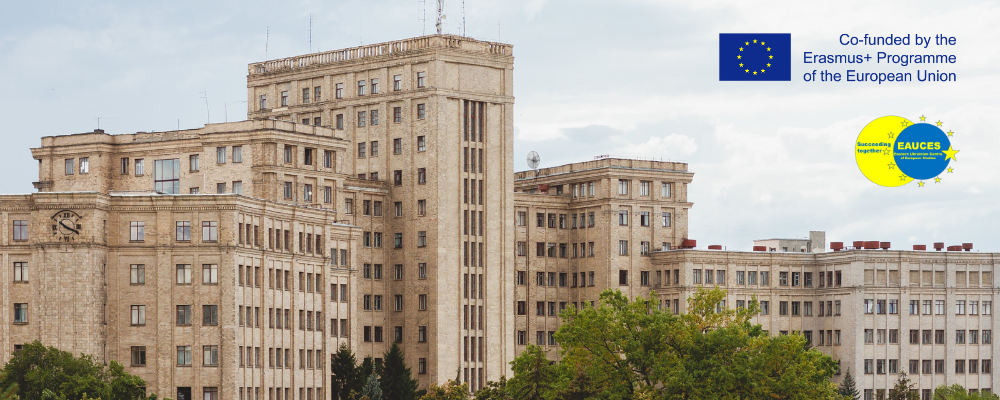
.jpg)
.png)